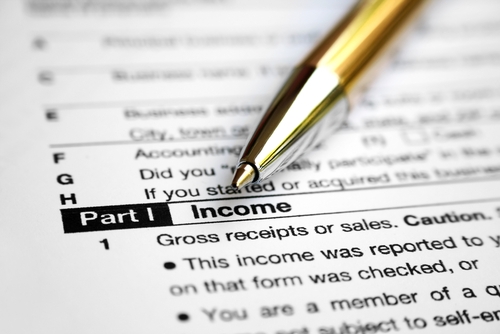
The court disagreed noting that this broad question was needlessly intrusive and lacked relevance. Chief Judge Kane noted that pertinent compensation information was previously disclosed, including the amount of Dr. Dragan’s compensation for testifying in the matter, the cases in which Dr. Dragan testified over a seven year period, and the allocation of matters for which he testified on behalf of a plaintiff or defendant. The court referenced a line of cases from district courts in Maryland, Tennessee, California and Indiana holding that income an expert earns is not discoverable absent a showing that other information furnished is insufficient or that the financial information is otherwise probative.
As a practice tip, there may be instances where the amount of income of an expert may be discoverable. One such instance may be where an expert testifies exclusively on behalf of a plaintiff or defendant. In Young, Chief Judge Kane commented that Dr. Dragan testified equally on behalf of plaintiffs and defendants, so there was no showing that he had an economic incentive to show a bias toward either party in any particular case. If a party can show that an expert depends upon one party to earn his income, there may be grounds to seek discovery of an expert’s income. Similarly, discovery may be permitted if there a showing that an expert has become a "professional witness" , demonstrated by a "significant pattern of compensation that would support a reasonable inference that the witness might color, shade, or slant his testimony in light of the substantial financial incentives" Cooper v. Schoffstall, 588 PA 505, 905 A.2d. 482, 495 9PA 2006). However, even with a proper showing, the court may still require a showing of why less intrusive financial information would not suffice to demonstrate the bias of a witness. Behler v. Hanlon, 199 FRD 533, 561-62 (D.Md. 2001).



